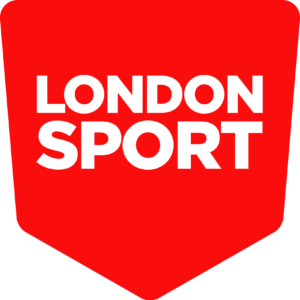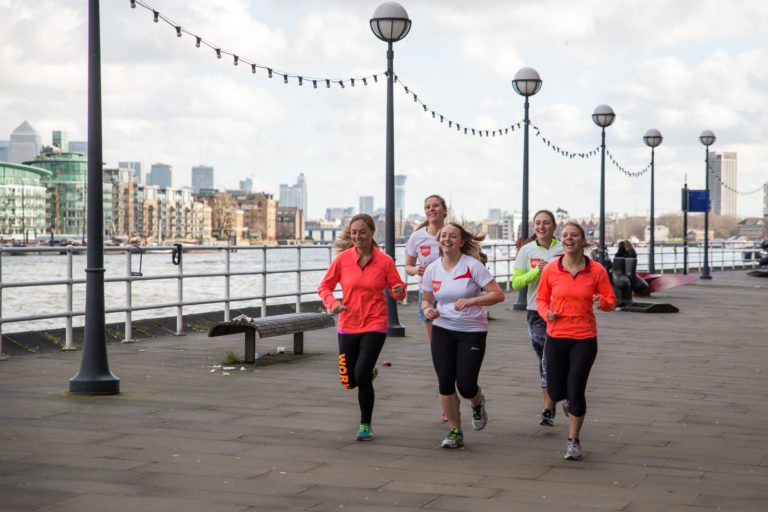How many deaf and disabled people do you see leading within the physical activity and sport sector?
The fact is, there are far fewer deaf and disabled people in prominent roles at every level of the sport sector, whether that’s paid positions or volunteering roles. And that’s a problem.
Relatively speaking, deaf and disability sport is a new focus for our sector, and while there has been a welcome focus on raising its profile through major events like the Paralympic Games and the IPC World Championships, the focus on high-profile deaf and disabled athletes has created a situation where the majority of visible deaf and disabled people in the sector – admirable people like the Tanni Grey-Thompson and David Weir – are current or former elite athletes.
Their voices have been vital in raising the profile and importance of deaf and disabled people’s role in physical activity and sport but, increasingly, there is a need to support more deaf and disabled people from outside the world of elite sport to play a role in the leadership of physical activity and sport.
This isn’t just about equality and inclusion – as vital as those commitments are. This is important, as it is only through listening to and acting on the guidance of deaf and disabled people, that we will be able to create a sport sector that is truly representative of society in all its diversity. And it isn’t merely the numbers of deaf and disabled people working in the industry that we need to focus on, but also the range of positions in which they are represented. Currently, deaf and disabled people can get pigeon-holed into roles that are disability-specific due to their impairments and a false (though understandable) assumption that disabled people are naturally experts in all things disability focused.
Earlier this year, London Sport launched An Active Inclusive Capital – our strategic plan of action for disability in London. Among its four strategic objectives is a commitment to developing a more representative, motivational and well-trained workforce to help meet the needs and focuses of deaf and disabled people. Diversifying our sector’s leadership and increasing the range of voices contributing to strategic discourse is vital for the future health of the sector.
To help accelerate this progress, London Sport has decided to develop a leadership programme for deaf and disabled people to help upskill them to take on leadership positions. The programme will run for up to two years from 2018 to help initiate a ripple effect and grow our sector’s focus on recruiting and supporting more deaf and disabled people into the workforce.
At the 2018 Virgin Money London Marathon we have a team of seven runners all fundraising towards supporting this goal. Each has chosen to run for their own personal reasons, but all are working together to contribute to a programme that will create a stronger future for the physical activity and sport sector, and a clearer pathway for deaf and disabled people to lead the way.
The 2018 Virgin Money London Marathon runners running to support London Sport are:
- 1 – Alice Liddle
- 2 – Josef Baines
- 3 – George Haddad
- 4 – Courtney Robson
- 5 – Becky Wilkinson
- 6 – Owain Gruffudd
- 7 – Stephen Guan

